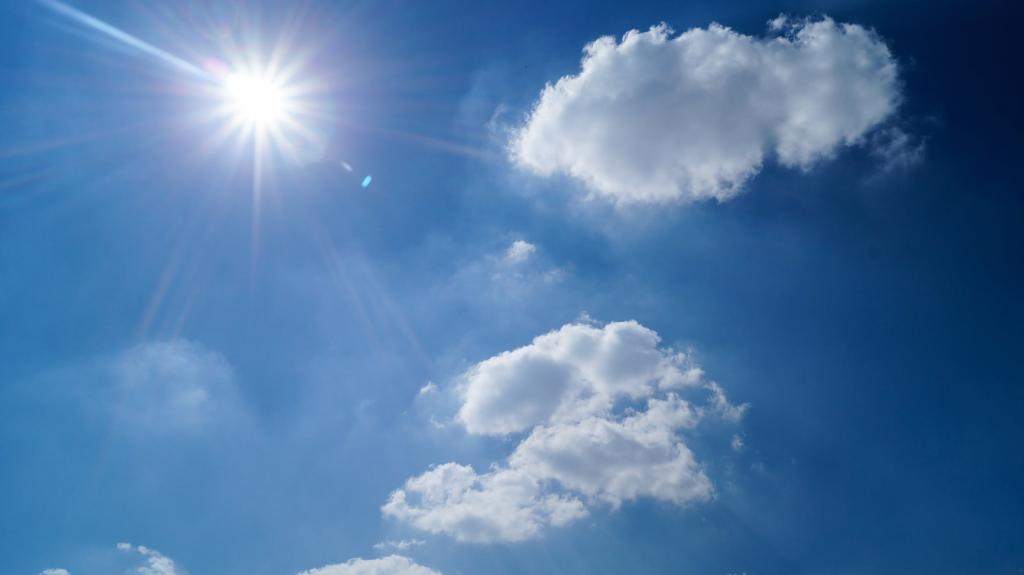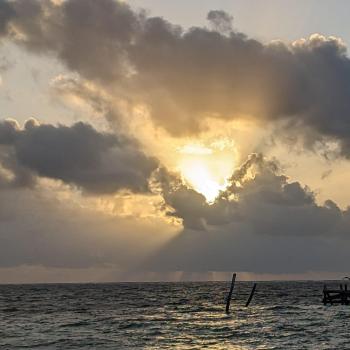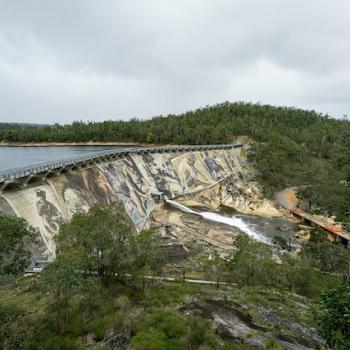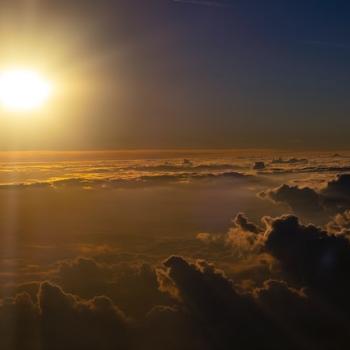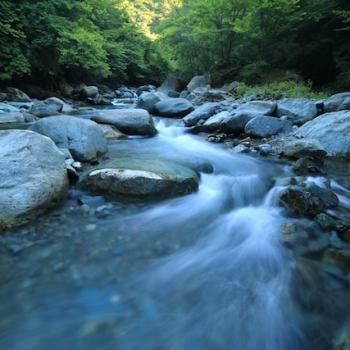As the sun never stops shining no matter the weather, our heart is an inner sun that never stops emanating from within, no matter the psychic or circumstantial weather we encounter in the world. Yet sometimes, when hurt or afraid, we mistakenly shut down as a form of protection, though this only incapacitates us more.
The inner purpose of will is to keep the inner light unblocked and shining, while the outer purpose of will is to open and close the windows and blinds of our life as the weather demands. Our heart is the conduit between Spirit and life. It must never shut down. Expressing what we go through is a major way to keep the inner light unblocked and shining, regardless of what we write or in what form.
Given what it means to see (to be still enough to receive things as they actually are) and what it means to be original (to inhabit presence in a way that returns us to the everlasting forms and rhythms of life), we need a more relational sense of will.
More than controlling events, or shaping material, or setting ourselves apart from those around us, the deeper purpose of will is to move in concert with everything around us, the way a bird glides in wind or a fish swims with the current. The more lasting purpose of will is to join with other life, not to manipulate what comes our way. In this, Einstein was, in my opinion, more of a poet than Picasso.
Both were prodigious talents, but where Einstein worked to pry open the Universe, marveling at what he found in the heart of all things, Picasso was a tireless, if brilliant, manipulator of created forms. And impressive as his sheer output was, it seemed to point more to Picasso than to the creative force he was serving.
While creative spirits like Einstein and Picasso are rare, the thresholds they faced in living are experienced by everyone. It is a spiritual law that we can live one year thirty times, repeating our greatest accomplishments and our worst struggles. Or, if blessed to be forged and shaped by life, we keep growing, until we recognize where we began as the seed of who we have become.
Along the way, we are humbled to discover that we are not gods who carve out rivers, but luminous beings working our way in the stream. Consider the Upanishads, which are the earliest sourcebooks of the Hindu tradition. The Sanskrit word Upanishad means a sitting, an instruction at the feet of a master. Since these holy texts are anonymous, the Upanishads have come to be known as instructions at the feet of an unseeable master. All poets and seekers find themselves here eventually: listening at the feet of unseeable masters and recording what passes through, working with what is there to uncover its wisdom.
In staying receptive, we eventually enter the paradox of everlasting will, which requires us to surrender to the unfolding of our heart, in order to discover our true strength. This lasting strength resembles a wave being brought to the surface by the depths of the sea. Each wave opens itself to the sky after being shaped and lifted by the deep. This is why I understand my greatest moments of creative will as those that have shaped me and lifted me into the open.
The deeper purpose of will is to allow us to couple our life-force with other forms of life. Art, then, is the artifact or trail of that holy union. In this way, a flag unfurled completely by the wind is expressing more will than a cowboy herding cattle to their slaughter.
A Question to Walk With: Describe your earliest memory of asserting your personal will and how that has affected your use of will as an adult.
This excerpt is from my new book, Drinking from the River of Light: The Life of Expression, due out in September from Sounds True.
*Photo credit: Skitterphoto


